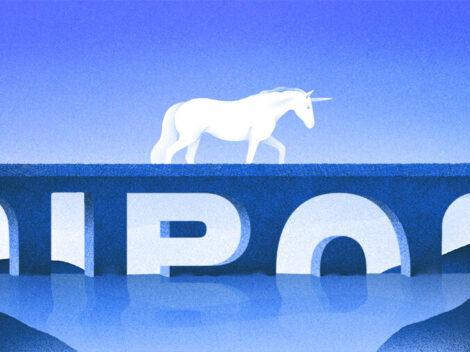In what may have been a surprise to many, Beyond Meat crushed it in its first day of public trading.
Subscribe to the Crunchbase Daily
Shares of the Los Angeles-based maker of plant-based meat closed up a staggering 163 percent at $65.75 on Thursday (trading on the Nasdaq under the ticker symbol: BYND) after pricing at the high end of its offering range. As of this morning, Beyond Meat is valued at a staggering $3.9 billion. This is a company that recorded a net loss of nearly $30 million in 2018 despite more than doubling its revenue to just under $88 million, as we reported yesterday.
Beyond Meat’s stock had climbed as high as $74 on Thursday, and as of this morning was trading at $68.19. Previously, the company had raised $122 million in venture funding over its lifetime from backers including Obvious Ventures, Kleiner Perkins, Bill Gates, Tyson Foods, and others.
So, what does this mean exactly? Fundamentally that Beyond Meat is receiving an even warmer reception from Wall Street than we expected. It is now trading higher than ride-hailing giant Lyft ($60.60) and PagerDuty ($47.43), which helps companies monitor their IT infrastructure.
Indeed, the scale of reception is slightly puzzling. Not that Beyond Meat isn’t doing important work, or that climate change isn’t something that meat consumption doesn’t impact. But it can be hard to fathom the connection between its current value, and the firm’s stock performance to-date.
Indeed, this morning Beyond Meat is currently worth $4.0 billion, a slight uptick from its first-day performance. That gives it a 227.6x multiple on its 2018 gross profit. That figure is slightly exaggerated by the fact that the company has low gross margins (about 20 percent in 2018), making its gross profit multiple more dramatic than you might presume from a flat revenue multiple.
But that’s the point, isn’t it?
Given the odd metrics, we can infer that investors aren’t valuing Beyond Meant today on past performance, or even what it might get done this year. Instead, the public market is valuing the recent IPO a bit like the venture classes might a private company; on potential instead of results. Fair enough, but keep in mind that no bull market lasts forever, and the more gross profit the better.
Illustration: Li-Anne Dias

Stay up to date with recent funding rounds, acquisitions, and more with the Crunchbase Daily.




![Illustration of a guy watering plants with a blocked hose - Global [Dom Guzman]](https://news.crunchbase.com/wp-content/uploads/quarterly-global-3-300x168.jpg)
67.1K Followers